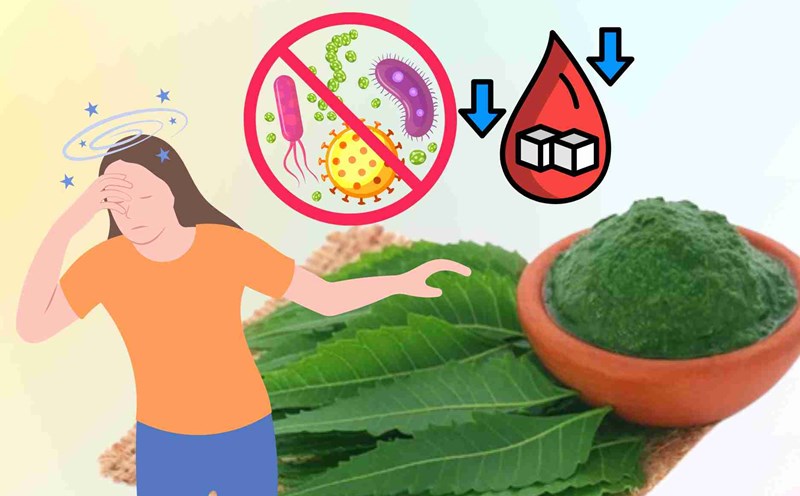With 92% of its ingredients being water, watermelon is not only a fruit that helps to quench thirst quickly but is also a "superfood" rich in nutrients. Eating watermelon regularly, if done correctly, can bring a variety of health benefits, from skin, cardiovascular to digestion.
According to Dr. Stephani Johnson, associate professor of Clinical Nutrition and Prevention at Rutgers University of Health (USA): "Ham Water cannot replace drinking water, but it is a great choice to support the hydration process, especially in hot weather when the body loses a lot of water through sweat".
Balancing electrolytes and boosting immunity
When the body is dehydrated, electrolytes such as sodium and potassium are easily out of balance, causing fatigue, cramps, and weakness. Watermelon provides a moderate amount of potassium (170 mg per cup), helping to maintain the body's natural balance.
In addition, a glass of watermelon contains about 15% of your daily vitamin C needs, along with vitamins A and B6, which support immunity and metabolism effectively.
Rich in lycopene and citrulline, support cardiovascular
Fresh red watermelon is rich in lycopene, an antioxidant that can neutralize free radicals, reducing the risk of cardiovascular disease and cancer, says Dr. Johnson.
Not stopping there, watermelon is also a source of citrulline, an amino acid that helps the body produce nitric oxide, a compound that dilates blood vessels and improves circulation. Some preliminary studies show that citrulline can help lower blood pressure and increase vascular elasticity.
Good for the nervous and digestive system
According to nutritionist Julia Zumpano at Cleveland Clinic (USA), watermelon contains ideal magnesium levels that help regulate nerve activity, blood pressure and blood sugar levels. In addition, the fiber and polyphenols in watermelon also nourish the intestinal microflora, a key factor in digestive health.
Right consumption of watermelon helps improve regular bowel movements and increase the amount of good bacteria in the intestines, Zumpano says.
Instead of giving up, roasted watermelon seeds can become a snack rich in iron, magnesium, zinc and unsaturated fats. Squeezing the seeds at 180 degrees Celsius with a little olive oil and spices is a smart way to take advantage, Dr. Johnson said.
However, experts warn that excessive consumption can also cause increased blood sugar, especially if you eat watermelon individually in large quantities. The recommended solution is to combine watermelon with a source of protein or healthy fats, such as a handful of almonds or unsweetened yogurt.











